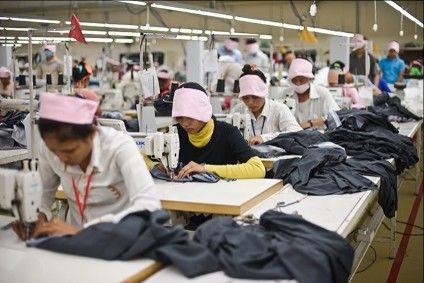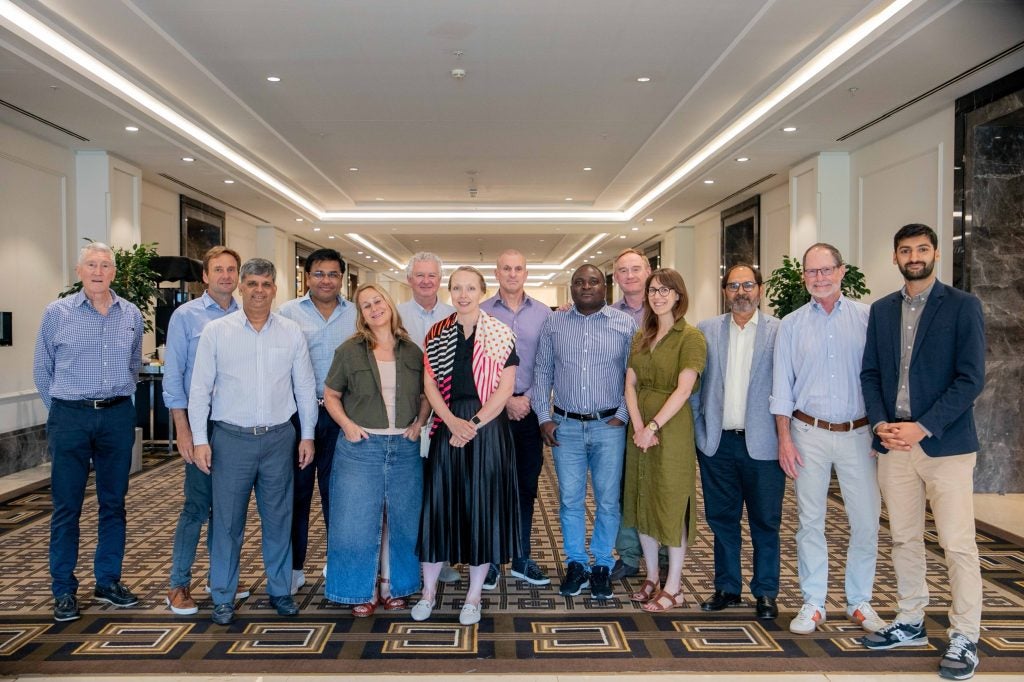
Cambodia’s minimum wage will increase to US$200 per month following months of negotiations between trade unions, the government and garment factory owners.
The minimum wage is an increase of $6. Cambodia’s trade unions had been seeking a minimum wage of US$215 while factory employers were suggesting it remained at $194.
The government raised the minimum wage to $194 per month earlier this year, from $192, raising concerns within the industry as Covid-19 delivered a turbulent year for the key apparel sourcing hub.
In an update today (21 September), the Garment Manufacturers Association of Cambodia (GMAC) confirmed the wage increase will take effect from January 2023.
In August, negotiations were put on hold after an agreement could not be reached.
Kaing Monika, deputy secretary-general of the Garment Manufacturers Association in Cambodia (GMAC), was reported as saying the body was concerned about the export situation for the second half of the year given the unstable global situation and the possibility of an economic downturn, mostly in the West, which is Cambodia’s main garment export market.
How well do you really know your competitors?
Access the most comprehensive Company Profiles on the market, powered by GlobalData. Save hours of research. Gain competitive edge.

Thank you!
Your download email will arrive shortly
Not ready to buy yet? Download a free sample
We are confident about the unique quality of our Company Profiles. However, we want you to make the most beneficial decision for your business, so we offer a free sample that you can download by submitting the below form
By GlobalDataThe situation, Monika added, according to the report, “is unfavourable” to both parties and while factory owners want to support worker livelihoods they must also remain competitive.







